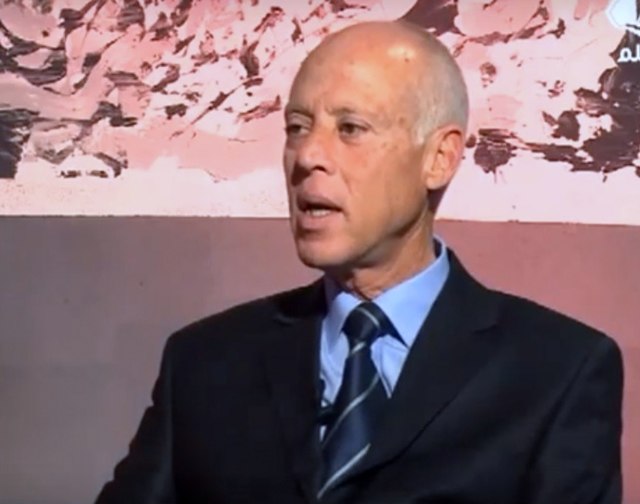Tunisia’s upcoming presidential elections do not have a fixed date, though they are likely to be held between September and December 2024. Incumbent President Kais Saied has not announced a re-election bid, but many point to the intensified government crackdown against critics and dissenting voices ahead of the polls as a clear indication that he plans to seek a second term.
Saied, a 66-year-old former constitutional law professor, was an independent candidate when he won the 2019 presidential election in a surprising victory against establishment politicians on an anti-corruption platform. His win was seen as a rejection of the major political parties that had ruled Tunisia since the 2011 Arab Spring uprising.
Rather than traditional campaigning, Saied’s actions seem focused on consolidating power and eliminating opposition through the prosecution of journalists, politicians, and civil society activists ahead of the 2024 elections. These actions are widely viewed as his strategy to secure another five-year term with minimal checks on his authority.
In July 2021, Saied began taking exceptional measures, dismissing the prime minister, suspending parliament, and ruling by decree, claiming it was necessary to address paralysis and unrest.
In July 2022, he won a referendum which allowed him to introduce a new constitution. Although elections are slated for 2024, no dates have been announced as yet.
However, he has since dismantled most democratic institutions and checks and balances that emerged after the 2011 revolution.
The recent arrest and pre-trial detention of prominent journalist Mohamed Boughalleb has added to concerns. Boughalleb was arrested on suspicion of insulting a public official on social media after dangling the prospect of publishing reporting on corruption by ministers and misuse of public funds. His lawyer said Boughalleb faces a possible 2-4 year sentence at his upcoming trial next month.
Boughalleb’s case is one of many recent prosecutions of journalists, lawyers and critics under a controversial 2022 cybercrime law that rights groups say is being misused to silence dissent. At least 20 journalists and critics have faced detentions, charges or investigations under the decree so far.
Human rights organizations and media watchdogs have condemned the pursuit of Boughalleb and others as an assault on free speech. They argue that with bodies like the electoral commission compromised, opposition politicians jailed, the judiciary’s independence undermined and strict media censorship, there are grave doubts about the possibility of credible, transparent and fair elections in 2024.
Despite the mounting authoritarianism, Saied’s administration maintains public approval, partly due to economic stabilization measures like reducing foreign debt without international bailouts. The return of tourism and increased remittances have also boosted the economy.
However, observers note that the economic model remains unreformed, and the population continues to face economic hardships with rising prices and shortages of basic goods. In March 2024, Tunisians protested against deteriorating living conditions, with the influential labour union UGTT claiming that the government’s ability to service foreign debt came at the detriment of the people. Individuals from different backgrounds confirmed facing challenges such as skyrocketing prices for essentials like food and medicine.
While macroeconomic indicators improved in Tunisia under Saied’s tenure, for many Tunisians the situation remains dire over a decade after the 2011 revolution raised hopes for prosperity and accountable governance. Delivering tangible improvements will likely be a key campaign issue for all candidates in the high-stakes polls later this year.
Also See:
In a career spanning three decades and counting, Ramananda (Ram to his friends) has been the foreign editor of The Telegraph, Outlook Magazine and the New Indian Express. He helped set up rediff.com’s editorial operations in San Jose and New York, helmed sify.com, and was the founder editor of India.com.
His work has featured in national and international publications like the Al Jazeera Centre for Studies, Global Times and Ashahi Shimbun. But his one constant over all these years, he says, has been the attempt to understand rising India’s place in the world.
He can rustle up a mean salad, his oil-less pepper chicken is to die for, and all it takes is some beer and rhythm and blues to rock his soul.
Talk to him about foreign and strategic affairs, media, South Asia, China, and of course India.





